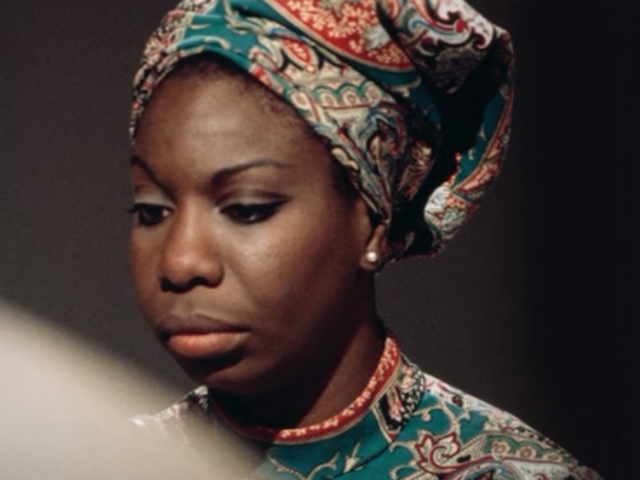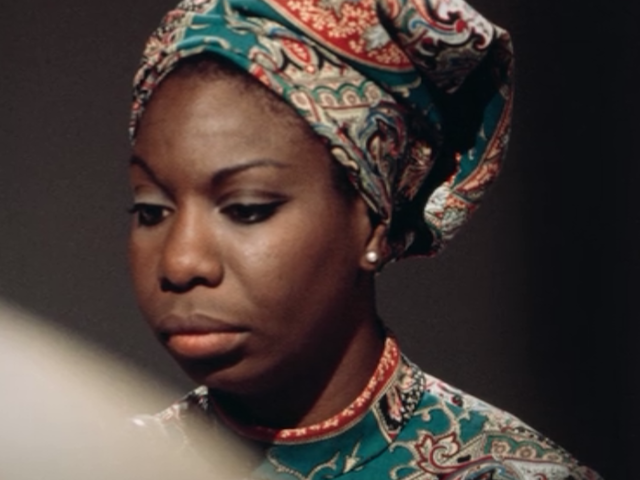Watch “What Happened, Miss Simone?”
by Alexandra Molotkow


Ambassador Shabazz:
Participation in activism during the ’60s rendered chaos in any individuals’ lives. People sacrificed sanity, well being, life. Nina Simone was a free spirit in an era that didn’t really appreciate a woman’s genius. So what does that do to a household, and a family? Not because of income, but because of your soul not being able to do what you need to do.
One of many striking things about What Happened, Miss Simone?, the documentary now available through Netflix, is how it doesn’t impose itself. The story is told through interviews and footage: as a girl, Nina Simone wanted to play Bach at Carnegie Hall. She was rejected from the Curtis Institute because she was Black, and began singing in a nightclub because she had to. She married a man she loved, who beat her and worked her “like a dog,” and under his management she built a career. After all she had to bear, and all she had to bear being Nina Simone, she had to leave America, and she talks about the joy she experienced living in Liberia. Her daughter, Lisa Simone Kelly, who went to live with her for a time, talks about her mother’s abuse. Kelly executive produced the film.
On a gut level, I think many if not most of us do believe in story tropes, which we absorb like basic shapes: things improve through hard work and suffering, and people act for one reason or another, and in all cases people do harm because they choose to. And I think it’s very easy, especially for those of us who see the narratives of struggle without having to live it, to believe that honor yields its own rewards.
“I want to shake people up so bad that when they leave a nightclub where I performed, I just want them to be in pieces.”
“I’m sorry that I didn’t become the world’s first Black classic pianist. I think I would have been happier. I’m not very happy now.”